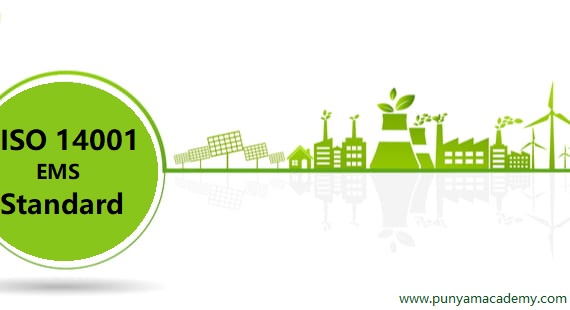As everyone is aware, understanding the requirements and having the necessary competence, training, and awareness can greatly aid you in properly implementing this crucial component of the environmental management system (EMS). The purpose of adopting an ISO 14001 EMS in the first place is to ensure that the methods you use do not harm the environment. However, if these requirements are not fully addressed, it is easy to overlook important areas that must be in place.
As everyone is aware, understanding the requirements and having the necessary competence, training, and awareness will greatly benefit you when it comes to properly implementing this crucial component of the environmental management system (EMS). The purpose of adopting an ISO 14001 EMS in the first place is to ensure that the methods you use do not harm the environment. However, if these requirements are not fully addressed, it is easy to overlook important areas that must be in place.
Competence. To prevent potentially serious effects, the first step is to determine what knowledge, skills, and aptitudes are necessary for a person to fulfill the job function. This proficiency may be acquired through additional education, training, or experience. For instance, maintaining the concentration of a bath to a specific pH is necessary for a chemical process because failing to do so can result in unintended air emissions.
A certain amount of chemical expertise is needed to carry out the operation if the operator is required to test the concentrations and modify the pH level by adding an acid or base. Although a chemistry degree may not be necessary, the operator must have chemical expertise to prevent air emissions from having an unintended negative impact on the environment.
Training. You need to hire people who exhibit these skills to fill these positions after determining what competencies are necessary for the procedures to avoid any possible substantial environmental repercussions. Of course, in practice, there will frequently be a group of candidates that possess the majority of the necessary skills but not all of them. This is where ISO 14001 auditor training is necessary, particularly when you are first establishing your environmental management system and discover that the employees currently doing a job do not possess all of the recently discovered competencies for the position.
Also, ISO 14001 awareness training can organize in many ways, from enrolment in external programs offered by colleges, universities, or specialized training companies, to on-the-job training, in which an experienced staff member trains an inexperienced worker in the skills required for the position. To perform the work, the person in the previous example does not need a degree in chemical engineering, but they may need to understand the chemical processes involved to do it safely.
Awareness. Even people with the appropriate competencies need to be made aware of how their work could result in the potential environmental effects that have been identified. The requirements of ISO 14001 categorize the need for awareness into four major areas:
- Conforming to the environmental policy and procedures. People are far more inclined to comply with a policy or practice if they understand why it exists. It is one thing to tell employees that they must prevent pollution from their processes, but when they understand that not following the procedure might result in environmental harm and potential fines that can lead to business failure, they may be more willing to obey the guidelines.
- Significant environmental aspects and potential impacts. Uncontrolled waste emissions from a chemical process may be damaging to the environment if they are not properly regulated, but the person in charge of that process may not be aware of what those controls should be. Compliance with the rule depends on understanding the right method and its advantages.
- Roles and responsibilities to achieve conformity. A person is very unlikely to fulfill their role if they do not comprehend it. This is particularly crucial if you're working with a temporary employee or contractor who, unless you notify them, won't be familiar with your unique procedures. For instance, if you don't inform a contractor or summer intern who is hired to replace the bulbs that you expect all fluorescent light bulbs to be collected and stored for proper recycling, they might just toss the bulbs in the regular trash because they didn't realize that this was their responsibility.
- Potential consequences of departure from procedures. Therefore, employees are more likely to understand why the procedure needs to be followed rather than simply following it because it is written if they are aware of the implications of not following the protocols, such as environmental damage or fines for the organization. If employees can better understand the significance of their work, many feel a great sense of pride and happiness in their profession.
Source: https://ems14001consultant.wordpress.com/2023/05/17/why-iso-14001-competence-training-awareness-are-important-for-the-ems/


No comments yet